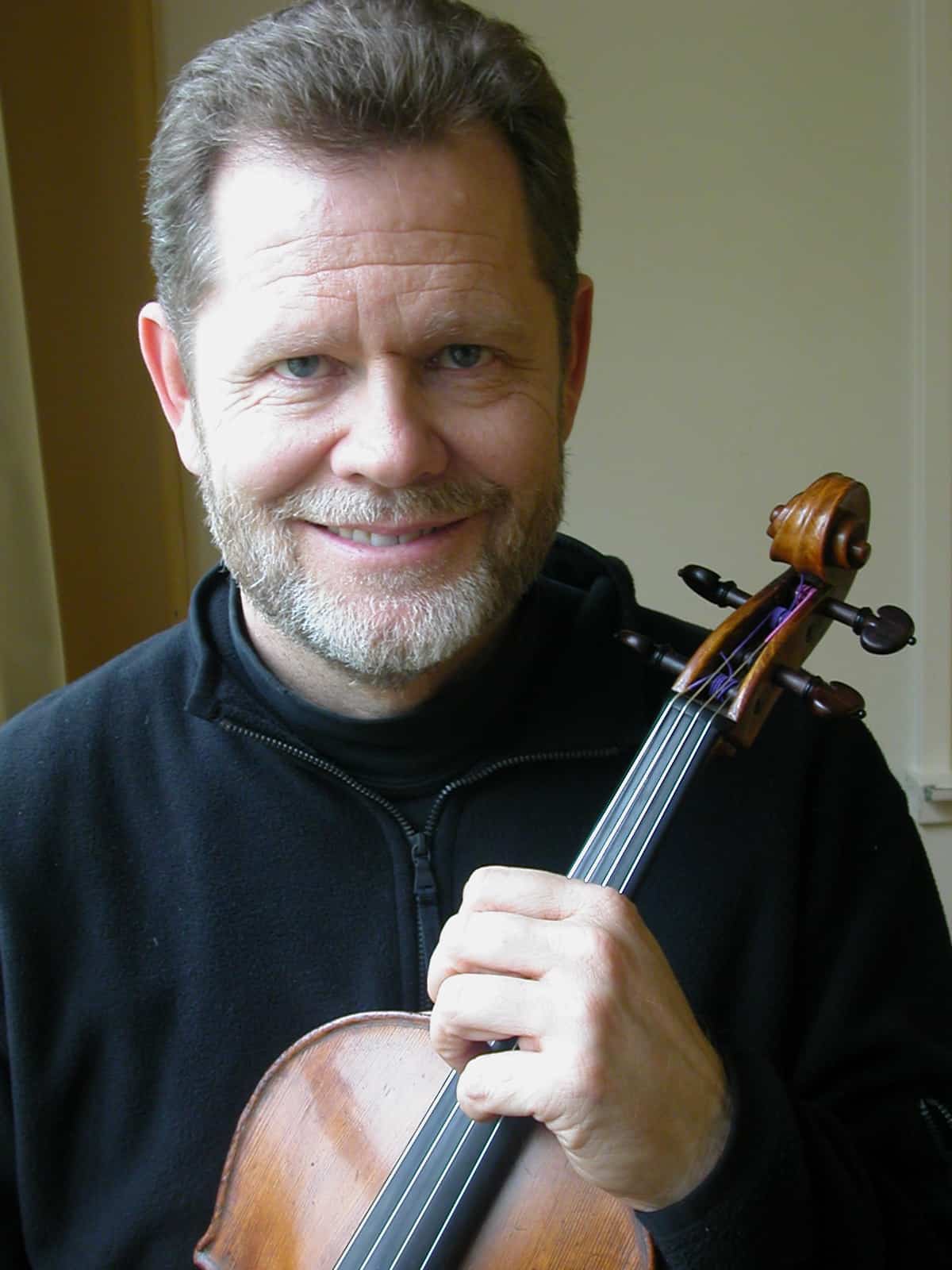 This past Saturday morning the ASQ performed Schubert’s Quartet in G Major, D. 887, Op. posth. 161 (1826) in the Herbst Theater as the penultimate work in our traversal of that amazing composer’s work for the string quartet. This particular quartet has enormous meaning to us as a group and to me personally. When we first approached it during the early years, I remember fending off criticism from older musicians who always feel that young ensembles should hew primarily to less philosophically difficult music and leave the likes of Late Beethoven and Schubert to the wiser, more seasoned ensembles. Of course, these admonitions serve only to provoke eager young performers dying to revel in these treasured works of art. It was some years into the quartet’s history that we began to program this, the last and longest of Schubert’s quartets. I remember thinking I would have to stop playing due to the aches in my back during some of those early performances! I’m thankful that somehow I found the capacity to continue, but physical stamina is always a factor when playing the G Major, especially at the end of a program.
This past Saturday morning the ASQ performed Schubert’s Quartet in G Major, D. 887, Op. posth. 161 (1826) in the Herbst Theater as the penultimate work in our traversal of that amazing composer’s work for the string quartet. This particular quartet has enormous meaning to us as a group and to me personally. When we first approached it during the early years, I remember fending off criticism from older musicians who always feel that young ensembles should hew primarily to less philosophically difficult music and leave the likes of Late Beethoven and Schubert to the wiser, more seasoned ensembles. Of course, these admonitions serve only to provoke eager young performers dying to revel in these treasured works of art. It was some years into the quartet’s history that we began to program this, the last and longest of Schubert’s quartets. I remember thinking I would have to stop playing due to the aches in my back during some of those early performances! I’m thankful that somehow I found the capacity to continue, but physical stamina is always a factor when playing the G Major, especially at the end of a program.
Something remarkable about a decades-long romance with music of this kind of profundity is that one’s own life experience accretes to the fabric of human experience chronicled and contemplated in the original score. In January of 1991, the ASQ made a European tour, beginning in Switzerland and culminating in Amsterdam. In Geneva, we performed Beethoven’s first Rasoumovsky on the eve of Father Bush’s ‘Line in the Sand’ ultimatum. We followed with an encore of Samuel Barber’s Adagio offered as an “American” prayer for peace. The flurry of diplomatic efforts going on around us in Geneva were to no avail and the suspense we felt in the European capitals during the remainder of the tour was palpable. When the bombing finally began we were in Amsterdam preparing to perform our final concert before returning to the States. The concluding work on the program, which was to be recorded for a live concert CD, was (you guessed it!) the Schubert G Major.
I was completely unable to go to bed as we all watched CNN’s live coverage of the bombing of Baghdad, even knowing the exhausting day that awaited me. The contemporary drama was so compelling compared to the staid world of 19th century chamber music; I didn’t finally retire until nearly dawn. I don’t know whether it was the lack of sleep or the vivid images of modern warfare still flashing in my mind, but the Schubert quartet sounded and felt different in that concert performance than ever before. Far from being staid and antique, it felt intensely contemporary and relevant as if it had always been intended as a commentary on that moment of history. As I bowed lower and longer that night to give my back as good a stretch as possible, I felt somehow a participant in geopolitics, not only an onlooker. That sensation returned to me on Saturday as we brought Shubert’s masterpiece once again to life in sound. Never underestimate the power of great music.
Check out the brilliant use of the Shubert G Major in the movie “Crimes and Misdemeanors”. Director Woody Allen chose the perfect music to partner with this dark morality tale.
—Paul Yarbrough
